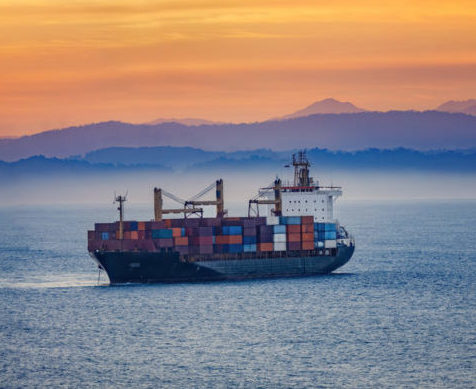The succession of maritime accidents in the last decades of the 20 century caused a strong political and public outcry for more stringent maritime safety regulations and measures. One of the most significant developments in this regard was the establishment of several regional agreements on Port State Control (PSC) – the first of which was the Paris MoU – with the specific objective of fighting substandard shipping through coordinated and harmonised inspection procedures.
PortEconomics member Pierre Cariou along with Armando Graziano (World Maritime University), Francois-Charles Wolff Lemna (University of Nantes), Maximo Q. Mejla Jr. (World Maritime University), and Jens-Uwe Schröder-Hinrichs (World Maritime University) based on results from 32,206 PSC inspections carried out by the European Union and European Free Trade Association Member States within the Paris MoU region from 1 January 2014 to 31 December 2015 to assess whether discrepancies among Member States exist after the entry into force of Directive 2009/16/EC and the introduction of the New Inspection Regime. Further, the study proceeds by investigating whether PSC team composition and inspector’s background influence inspection outcomes.
Their port study has identified that differences in detecting at least one deficiency and/or detaining a vessel are significant among Member States. With regard to team composition and background, it appears that the former correlates to the number of deficiencies and detentions and the latter, though the significance is not always consistent, to detecting a certain type of deficiencies according to the specific inspector’s backgrounds. Policy implications are presenting.
The port study published in the Marine Policy journal (issue 88, pp. 131-149) and the authors’ version can be freely downloaded here.












